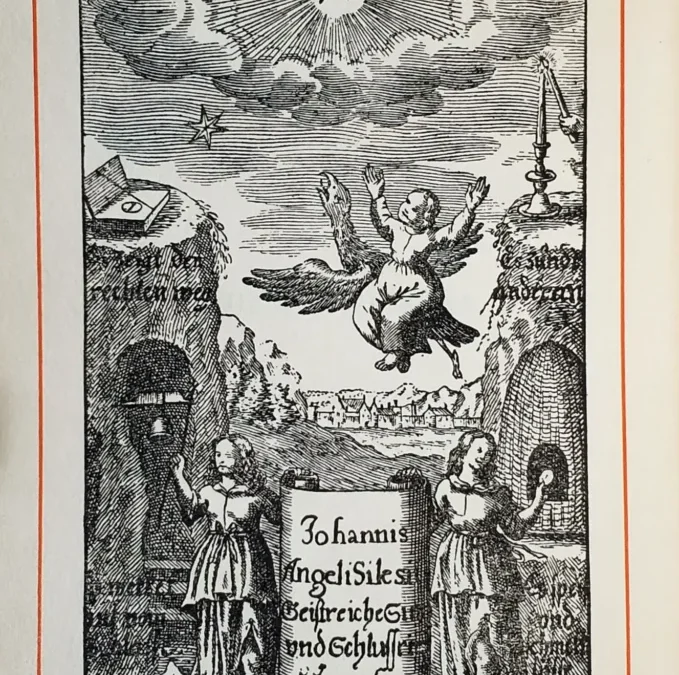
by Joel Blackstock LICSW-S MSW PIP no. 4135C-S | Jul 5, 2024 | Psychology of Mystics, Gurus, and Spiritual Philosophers
Angelus Silesius and the Mystical Path of Self-Transcendence Angelus Silesius, born Johannes Scheffler (1624-1677), was a German mystic, poet, and theologian whose works profoundly impacted the development of Christian mysticism and spirituality. His enigmatic and...
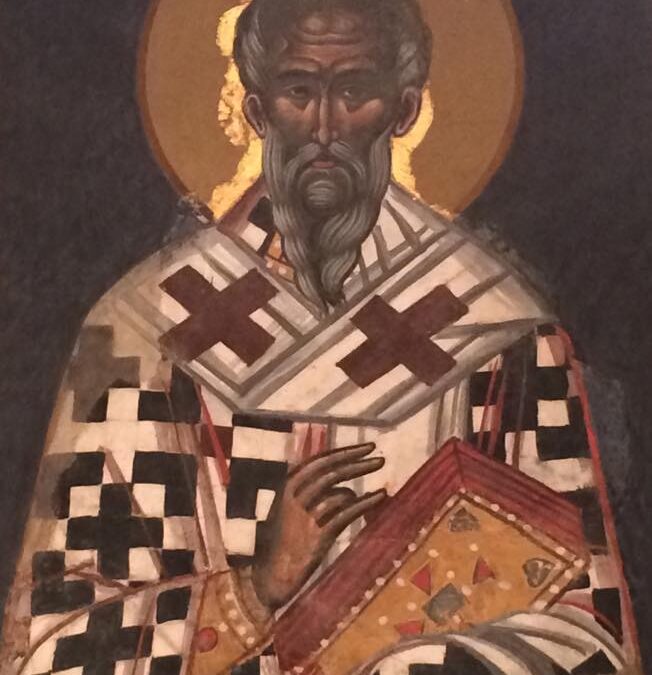
by Joel Blackstock LICSW-S MSW PIP no. 4135C-S | Jul 5, 2024 | Christian Mysticism in Therapy, Jungian Therapy and Depth Psychology, Psychology of Mystics, Gurus, and Spiritual Philosophers, Psychotherapy Biographies: Historical Figures in the History of Psychology
Who was Pseudo-Dionysius? Pseudo-Dionysius the Areopagite, a mysterious figure who wrote under the pseudonym of Dionysius the Areopagite, a convert of St. Paul mentioned in Acts 17:34, is one of the most influential Christian mystics and theologians. His writings,...

by Joel Blackstock LICSW-S MSW PIP no. 4135C-S | Jul 5, 2024 | Depth Psychology Approaches and Techniques, Psychology of Mystics, Gurus, and Spiritual Philosophers
Robert Grosseteste and the Medieval Roots of the Science-Spirituality Dialogue Robert Grosseteste (c. 1175-1253) was an English theologian, philosopher, and scientist who played a significant role in the development of scientific thought in medieval Europe. His ideas...

by Joel Blackstock LICSW-S MSW PIP no. 4135C-S | Apr 25, 2024 | Jungian Therapy and Depth Psychology, Psychotherapy Biographies: Historical Figures in the History of Psychology
Mapping the Mythic Psyche The Myers-Briggs Type Indicator (MBTI) is a popular tool for understanding individual personality differences. But when combined with John Beebe’s model of the eight cognitive functions, it becomes a powerful lens for exploring not just...
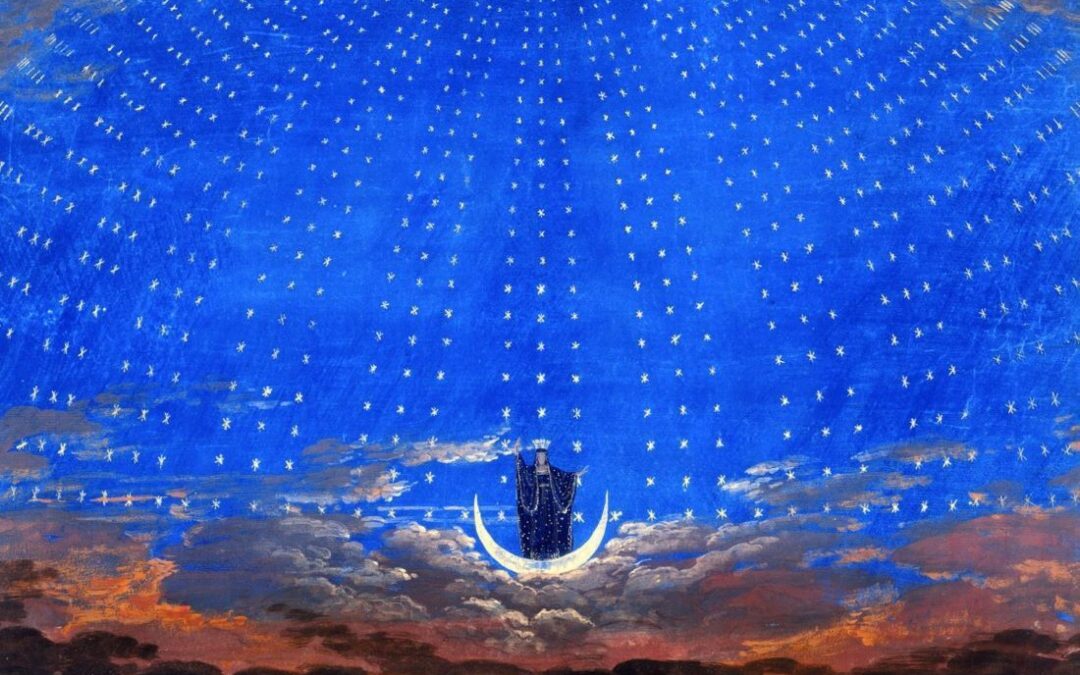
by Joel Blackstock LICSW-S MSW PIP no. 4135C-S | Apr 16, 2024 | Phenomenology and Existential Psychology, Psychology of Conspiracy Theories, Psychology of Mystics, Gurus, and Spiritual Philosophers
What is Gnosticism? Gnosticism, a multifaceted religious and philosophical movement that flourished in the early centuries of the Common Era, has captivated the minds of spiritual seekers and scholars alike. Originating in the Mediterranean region, Gnosticism derived...
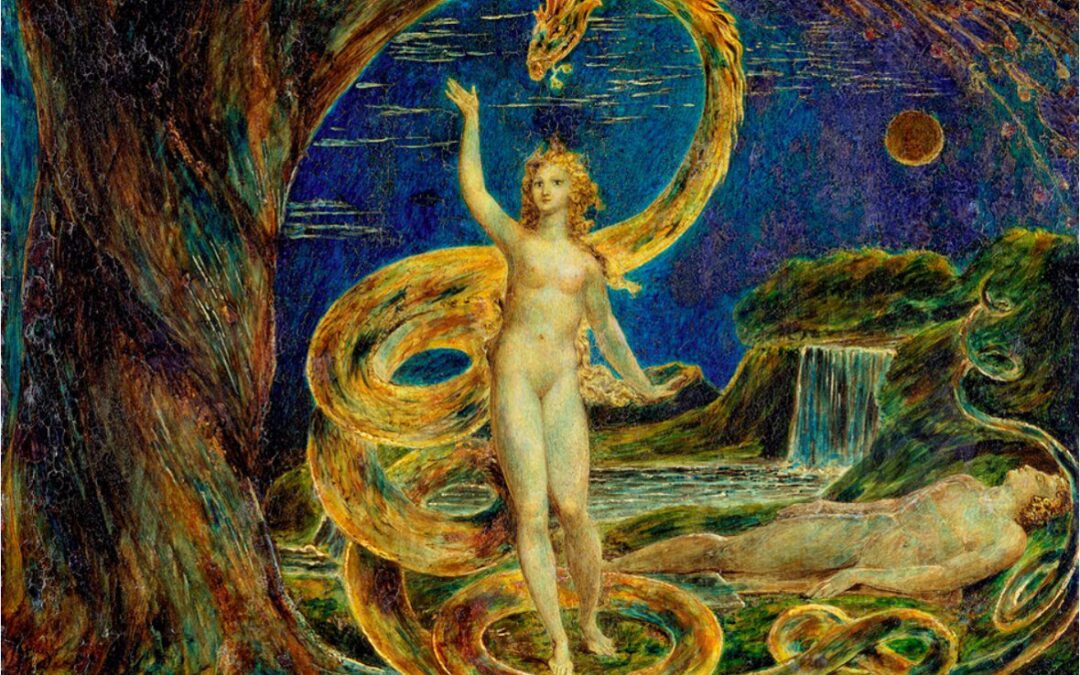
by Joel Blackstock LICSW-S MSW PIP no. 4135C-S | Apr 7, 2024 | Psychology of Buildings and Architecture, Psychology of Mystics, Gurus, and Spiritual Philosophers, Psychotherapy Biographies: Historical Figures in the History of Psychology
“To see a World in a Grain of Sand And a Heaven in a Wild Flower, Hold Infinity in the palm of your hand And Eternity in an hour.” – William Blake, Auguries of Innocence Who was William Blake? William Blake (1757-1827) was an English poet, painter,...
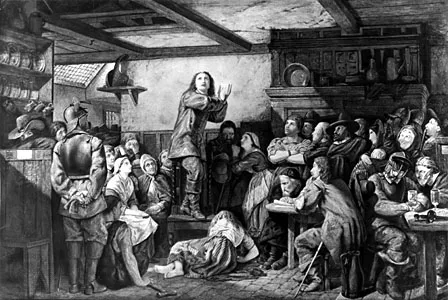
by Joel Blackstock LICSW-S MSW PIP no. 4135C-S | Apr 7, 2024 | Alternative Medicine and Holistic Health, Christian Mysticism in Therapy, Psychology of Mystics, Gurus, and Spiritual Philosophers, Spirituality and The Transcendent Function in Psychotherapy
Who was George Fox? George Fox (1624-1691), the founder of the Religious Society of Friends (Quakers), developed a form of Christian spirituality that continues to offer valuable insights for contemporary psychology and spiritual practices. This article...
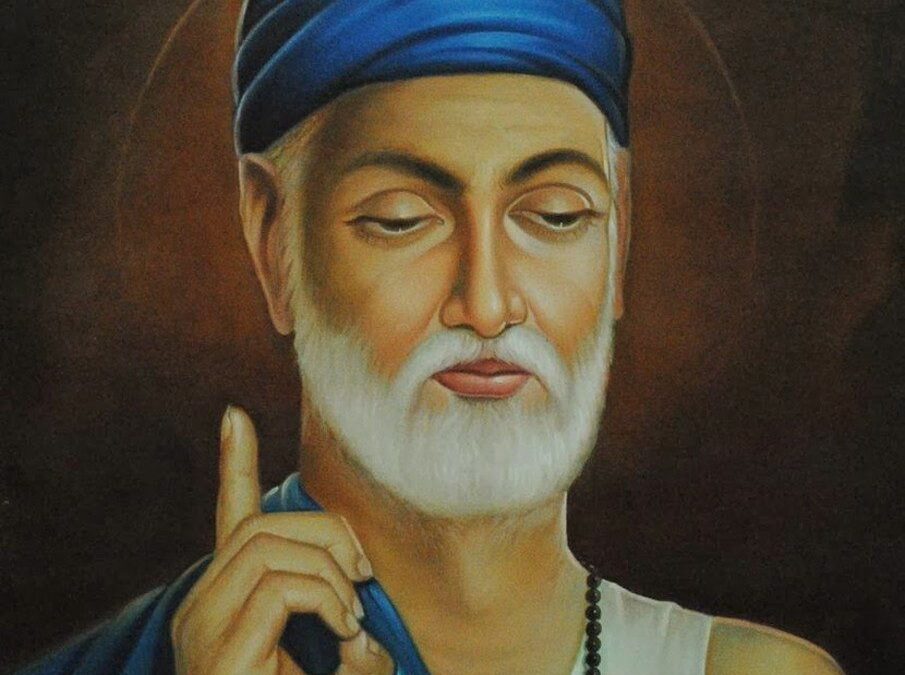
by Joel Blackstock LICSW-S MSW PIP no. 4135C-S | Apr 7, 2024 | Depth Psychology Approaches and Techniques, Phenomenology and Existential Psychology, Psychology of Mystics, Gurus, and Spiritual Philosophers, Psychotherapy Biographies: Historical Figures in the History of Psychology
“If God be within the mosque, then to whom shall I call the adhan? If Rahman be not apart, whom shall I then go to name?” – Kabir Who was Kabir? Kabir (1440-1518 CE) was a legendary mystic poet of India whose writings have deeply influenced the...
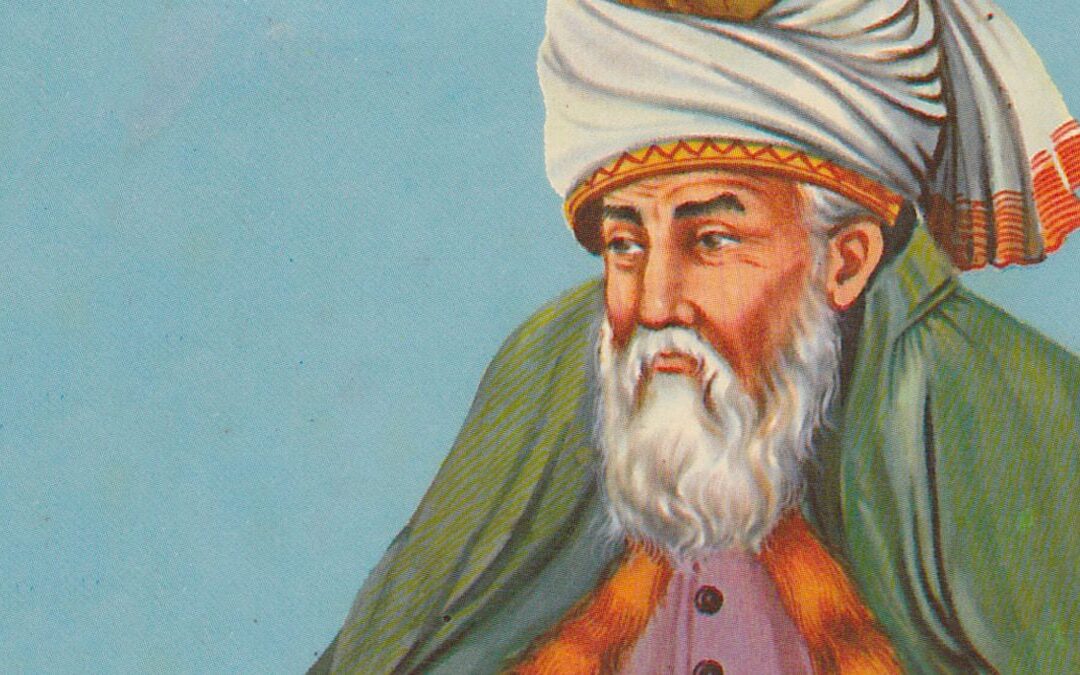
by Joel Blackstock LICSW-S MSW PIP no. 4135C-S | Apr 7, 2024 | Christian Mysticism in Therapy, Depth Psychology Approaches and Techniques, Phenomenology and Existential Psychology
Who was Rumi? “Your task is not to seek for love, but merely to seek and find all the barriers within yourself that you have built against it.” ― Rumi Jalal ad-Din Muhammad Rumi, more popularly known as Rumi, was a 13th-century Persian poet, Sufi mystic, and Islamic...

by Joel Blackstock LICSW-S MSW PIP no. 4135C-S | Apr 7, 2024 | Christian Mysticism in Therapy, Psychology of Mystics, Gurus, and Spiritual Philosophers
“If I had a friend and loved him because of the benefits which this brought me and because of getting my own way, then it would not be my friend that I loved but myself. I should love my friend on account of his own goodness and virtues and account of all that he is...











